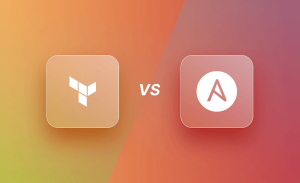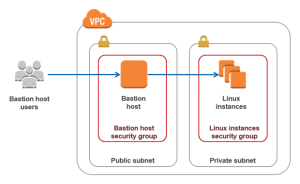
PHP 8, released in November 2020, introduced several new features and improvements. Here are the key features of PHP 8 explained in detail:
1.Just-in-Time (JIT) Compilation:
PHP 8 includes a new JIT compiler, which stands for Just-in-Time compilation. The JIT compiler improves performance by dynamically translating PHP bytecode into machine code, allowing for faster execution. This feature provides significant performance improvements for CPU-intensive workloads.
2. Union Types:
PHP 8 introduces union types, allowing variables, parameters, and return types to accept multiple types. Union types help improve type safety and enable developers to specify more precise type expectations.
For example:
function foo(int|float $number): string|int {
// Function can accept an integer or a float, and can return a string or an integer
}
3. Named Arguments:
PHP 8 introduces named arguments, allowing developers to pass arguments to a function by specifying the parameter name. This feature improves code readability and allows for more flexible argument passing, especially when dealing with functions that have many parameters.
function greet($name, $age) {
// Function implementation
}
greet(age: 25, name: ‘Prafulkr’);
4. Attributes:
PHP 8 introduces attributes, which provide a standardized way to add metadata to classes, methods, properties, and more. Attributes allow developers to annotate code with additional information that can be used by frameworks, libraries, or tools at runtime or during static analysis.
5. Match Expressions:
PHP 8 introduces the match expression as an improved alternative to the switch statement. The match expression provides a more concise syntax and supports more expressive and powerful comparisons. It allows for pattern matching and can return a value based on the matched pattern. $result = match ($value) { 1, 2 => ‘One or Two’, 3, 4 => ‘Three or Four’, default => ‘Other’ };
6. Nullsafe Operator:
PHP 8 introduces the nullsafe operator (?->), which simplifies null value handling. It allows developers to safely access properties or call methods on an object, even if intermediate values are null. This operator helps avoid null-related errors and reduces the need for verbose null-checking code.
$value = $object?->getProperty()?->method();
7. Saner String-to-Number Comparisons:
PHP 8 improves string-to-number comparisons by making them more consistent and intuitive. Previously, string comparisons with numbers were based on string-to-string comparisons, leading to unexpected results. With PHP 8, numeric strings are compared as numbers, resulting in more reliable and predictable behavior.
8. Improvements in Error Handling:
PHP 8 introduces several improvements in error handling, including:
- The Throwable interface replaces the Exception interface as the base interface for all errors and exceptions.
- The @ error control operator is no longer supported for fatal errors.
- Improvements to error messages and error reporting.
These are some of the major features introduced in PHP 8. The release also includes performance improvements, syntax enhancements, and other smaller changes that enhance the language’s overall capabilities and efficiency.





